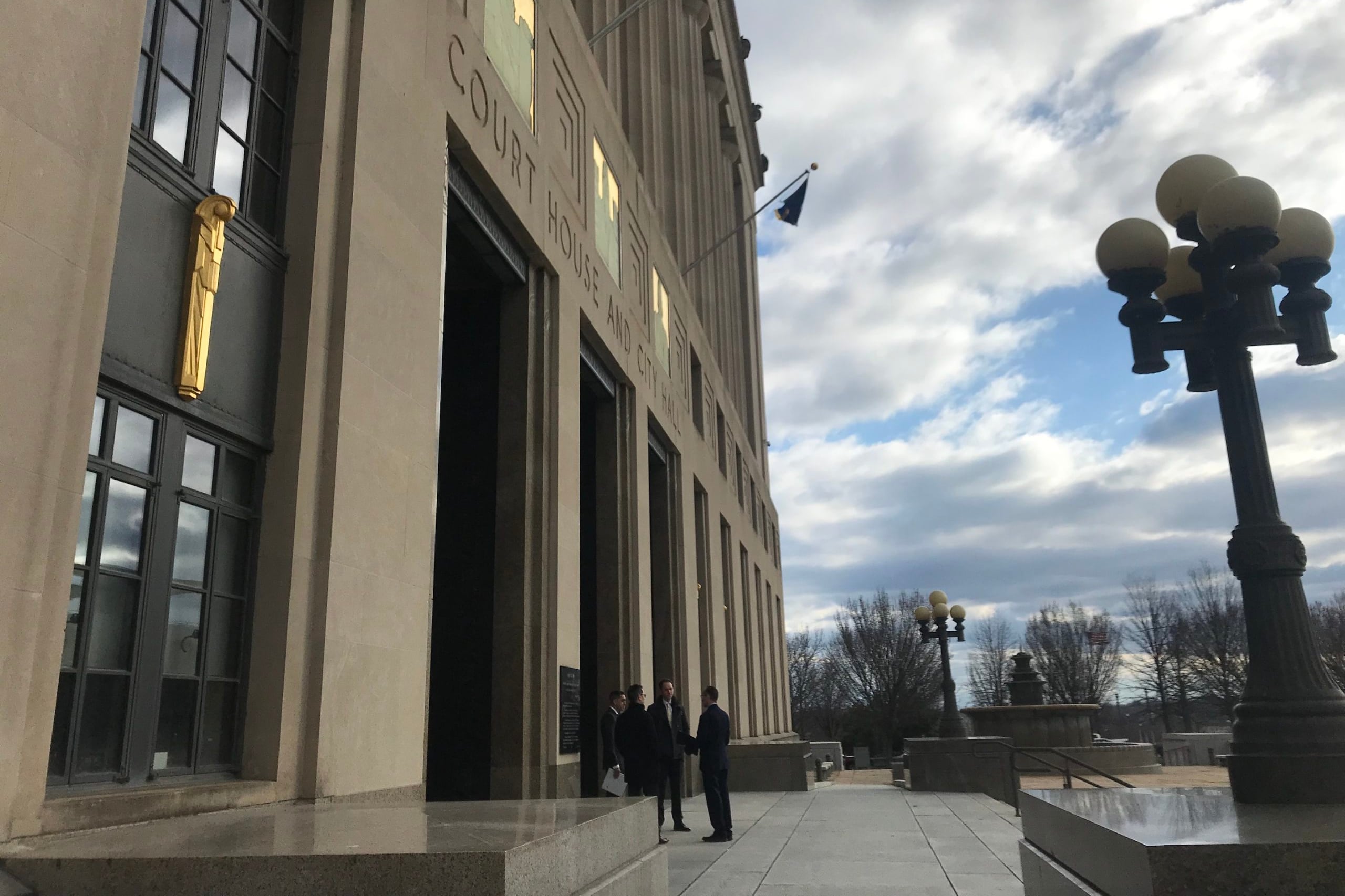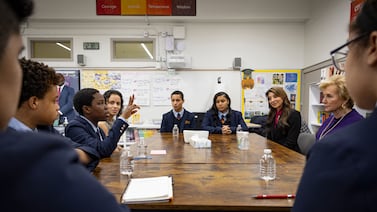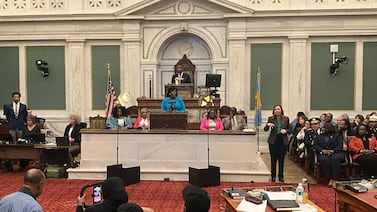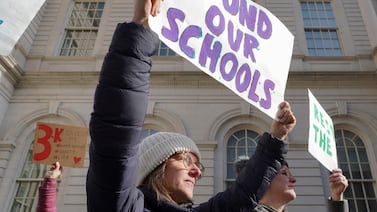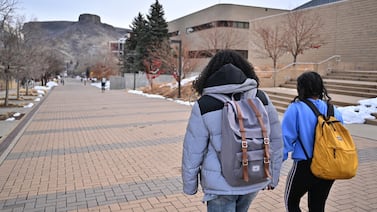Opponents of Tennessee’s private school voucher program went to court again Friday in another attempt to block its launch as a rapidly growing number of families and private schools signed up to take part.
Lawyers behind one of two long-running lawsuits asked judges to halt the state’s work on its education savings account program, which aims to provide families in Memphis and Nashville with public funding to pay for private schooling. Lawyers in the second lawsuit, representing parents in those cities, were expected to file a similar motion later Friday.
Gov. Bill Lee has ordered his education department to roll out the program for the school year starting in early August, prompting the latest flurry of legal activity.
As of Friday, about 1,500 families and at least 76 private schools had submitted forms this week indicating their interest to participate, said Brian Blackley, a spokesman for the state education department.
“None of these have been vetted for eligibility; the next steps are formal applications,” Blackley said.
In their legal filings, lawyers representing local governments in Nashville and Shelby County called the state’s rollout “haphazard” and “rushed” and said the consequences of the state’s 2019 voucher law “go far beyond politics.”
The state “plainly will stop at nothing to see this Act implemented,” said the 45-page motion. “The fallout will be disastrous, and it will be irreparable. A temporary injunction is the only solution.”
A spokeswoman for the state attorney general’s office did not immediately respond Friday to a request for comment about the latest filing.
The Tennessee Supreme Court upheld the state’s voucher law in May. That set the stage for a three-judge panel last week to lift an earlier order that had blocked the program’s original launch in 2020.
That same panel will hear the latest legal challenge. The judges are expected to decide quickly — maybe as soon as next week — whether the program will proceed or pause while lawyers challenge the law’s constitutionality based on several remaining claims in the case.
Meanwhile, the number of families and private schools interested in participating essentially doubled in three days.
On Wednesday, before Lee flew to Memphis to meet with private school leaders there, he told reporters near Nashville that the response had been swift and that 600 families and 40-plus private schools had completed online forms published a day earlier to show “intent to participate.”
The state education department has scrambled since the order was lifted, and Lee’s education chief, Penny Schwinn, told Chalkbeat earlier this week that “we’re really trying to catch up and meet the governor’s office’s expectations on this.”
On Friday, the department hosted a webinar for families interested in applying to move from public to private schools.
While the law allows up to 5,000 participants in the program’s first year, Blackley acknowledged that the expedited launch is challenging because the state must manually review applications to ensure families and schools meet the state’s eligibility standards.
It’s likely that families who want to participate immediately will have to start the 2022-23 school year in public schools, then pivot to private schools if they’re approved for the program.
“This process is moving rapidly, and we are doing the best that we can to handle it,” Blackley said.
The state also must set up systems and processes for redirecting public education spending in Memphis and Nashville, the only two cities where the program is operating, to private schools and vendors.
Research on the effectiveness of vouchers is mixed. Recent studies have found that using a voucher tends not to help — and may even harm — students’ test scores, especially in math. Other studies, though, have found neutral or positive effects of vouchers on high school graduation and college attendance.
The two lawsuits challenging the program cite provisions in the state constitution that guarantee equal protection under the law. They argue that while the state is obligated to maintain a system that provides for substantially equal educational opportunities for its residents, vouchers would create unequal systems by targeting two counties and diverting funds from their public school systems to private and home schools.
“The General Assembly intentionally and unapologetically excluded every other school district in Tennessee from the Act’s application to ‘protect’ those districts from the Act’s harmful impact,” the motion said. “And it did so without any justifiable rationale and without tailoring the program to any educational goal.”
Marta W. Aldrich is a senior correspondent who covers the statehouse for Chalkbeat Tennessee. Contact her at maldrich@chalkbeat.org.

